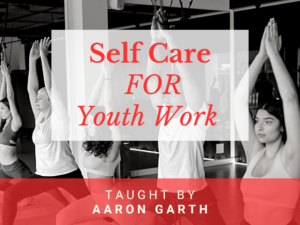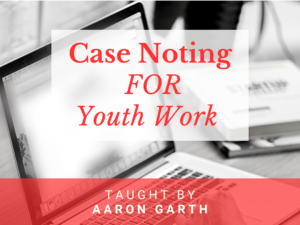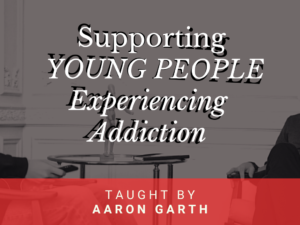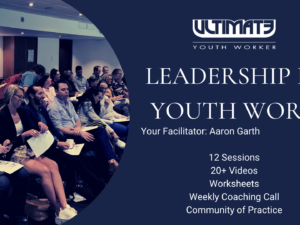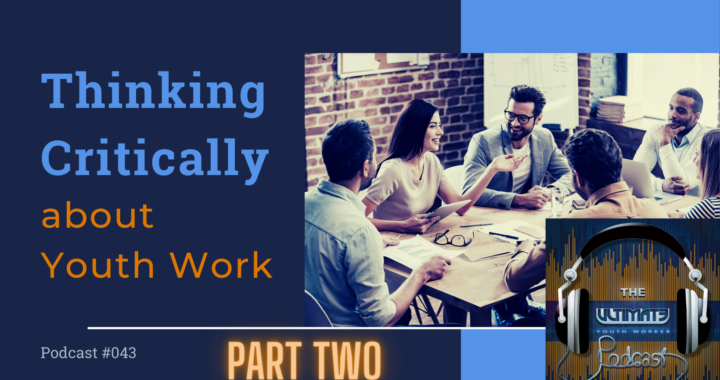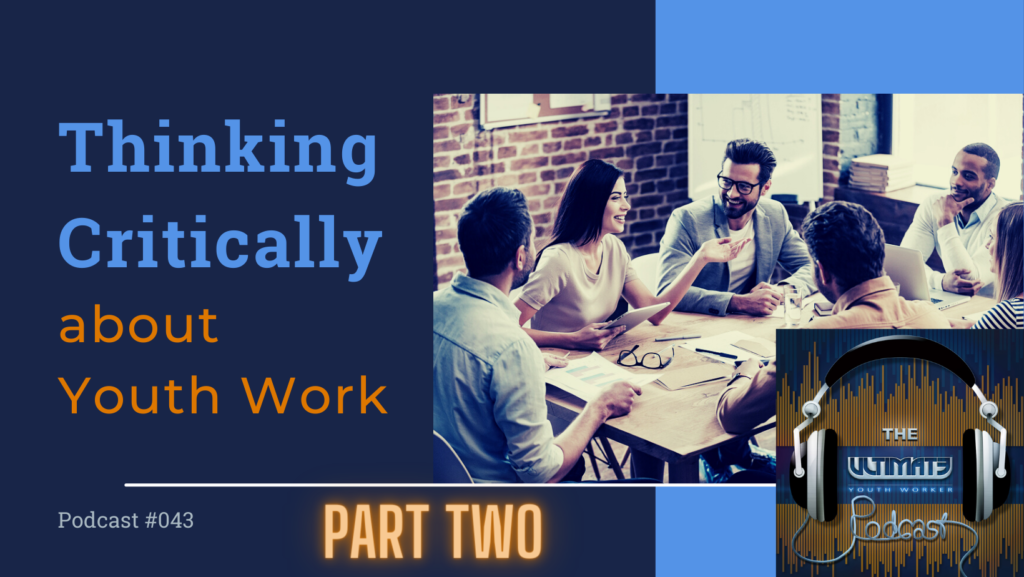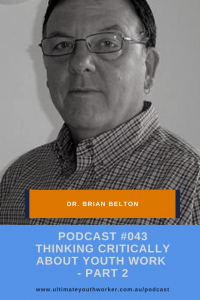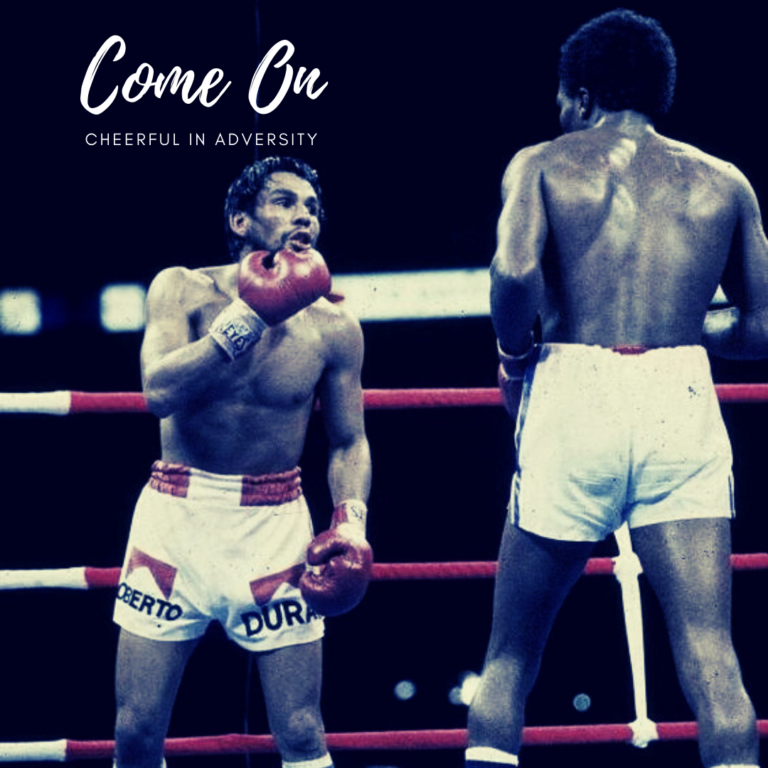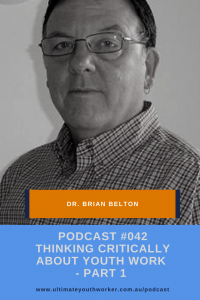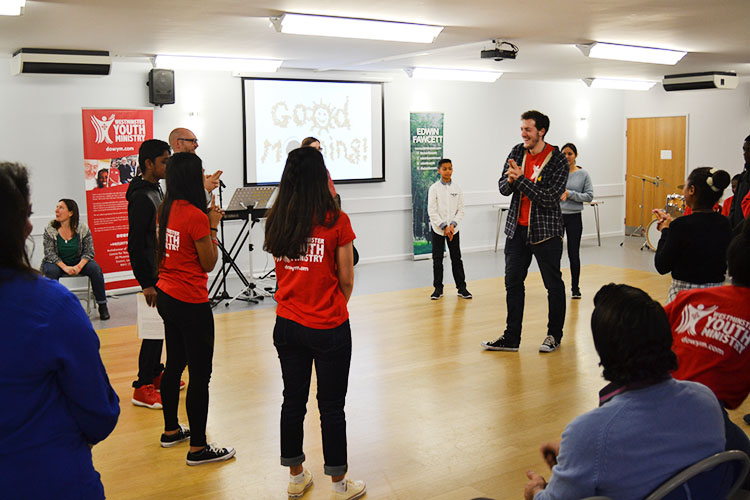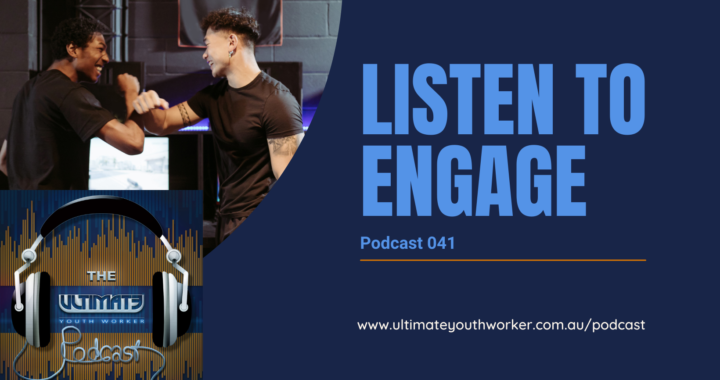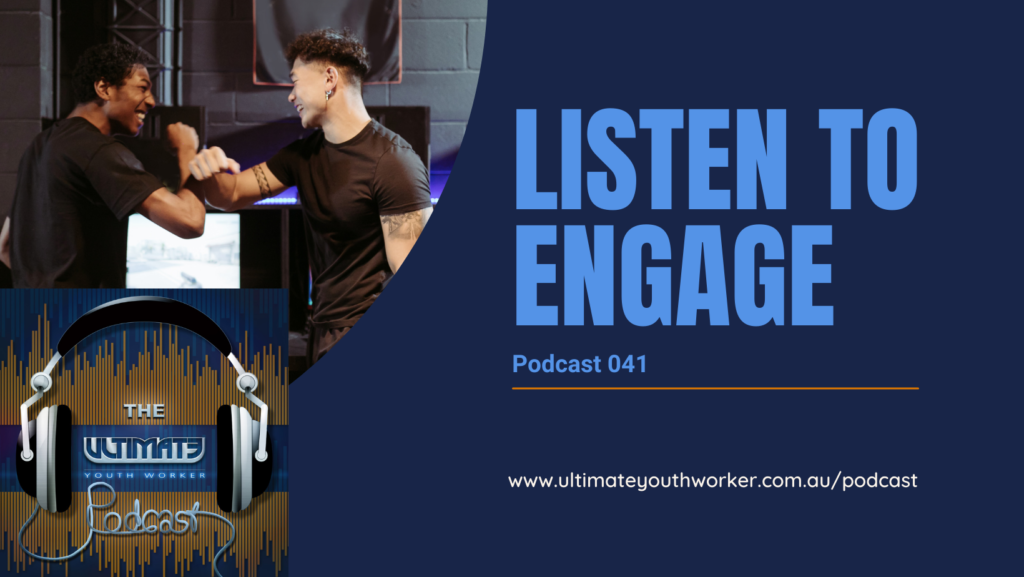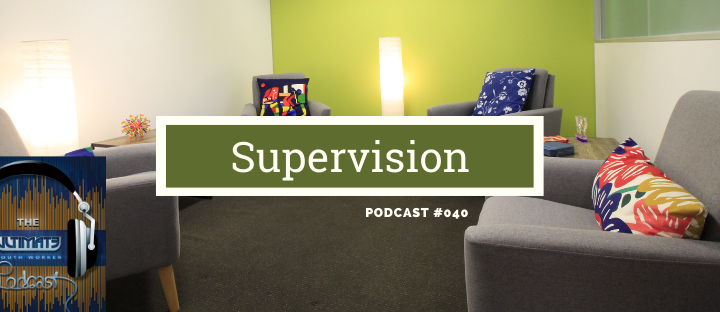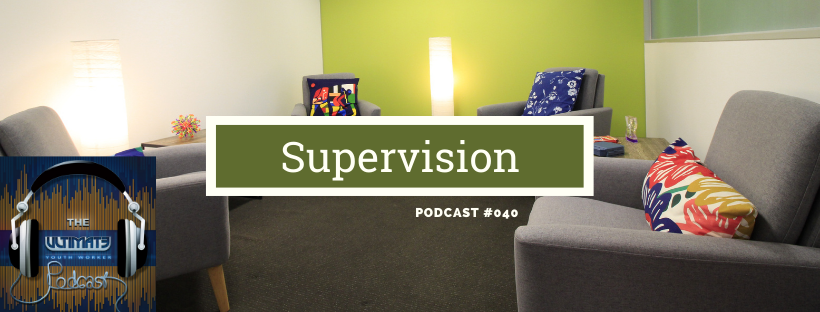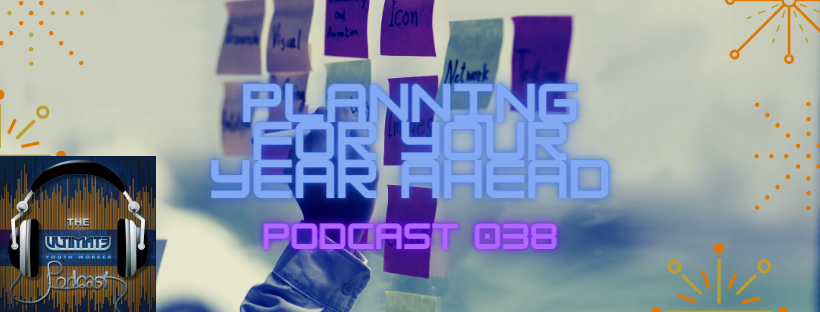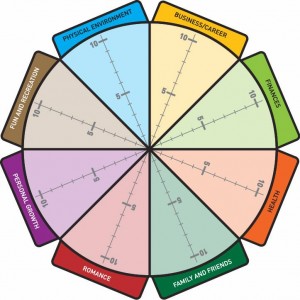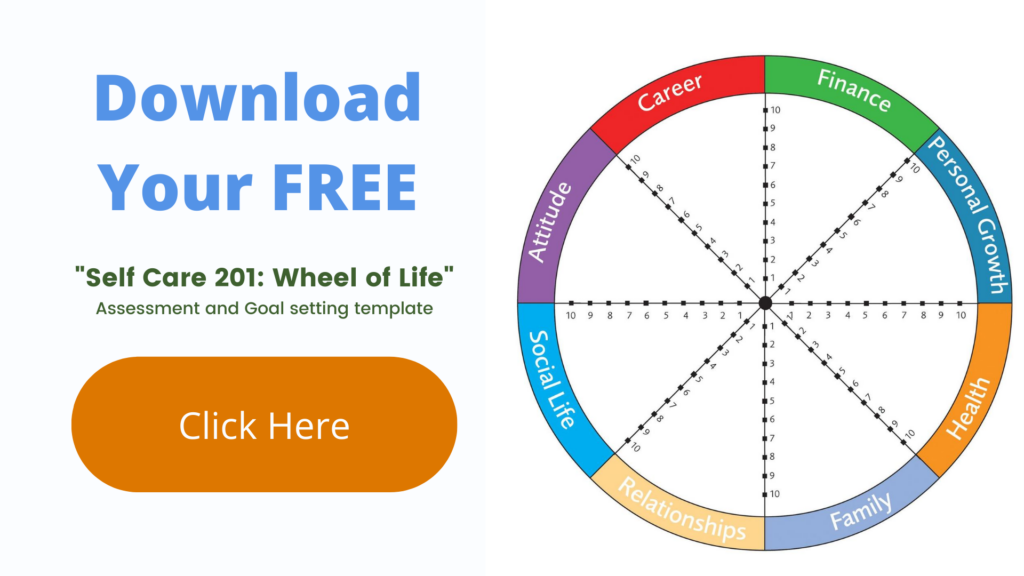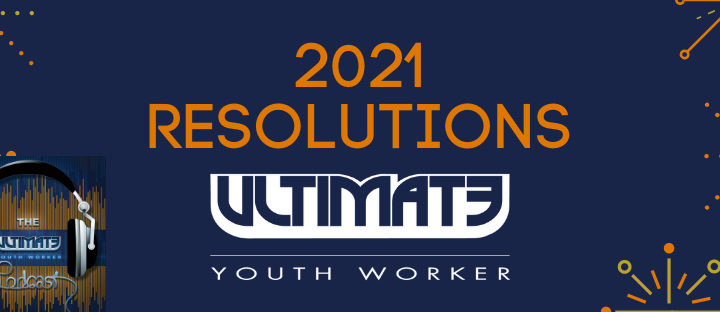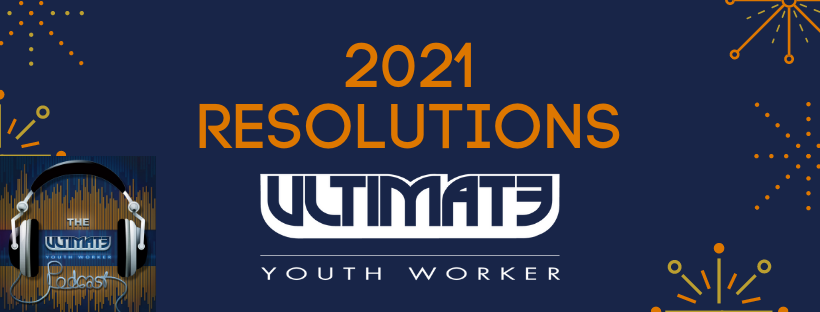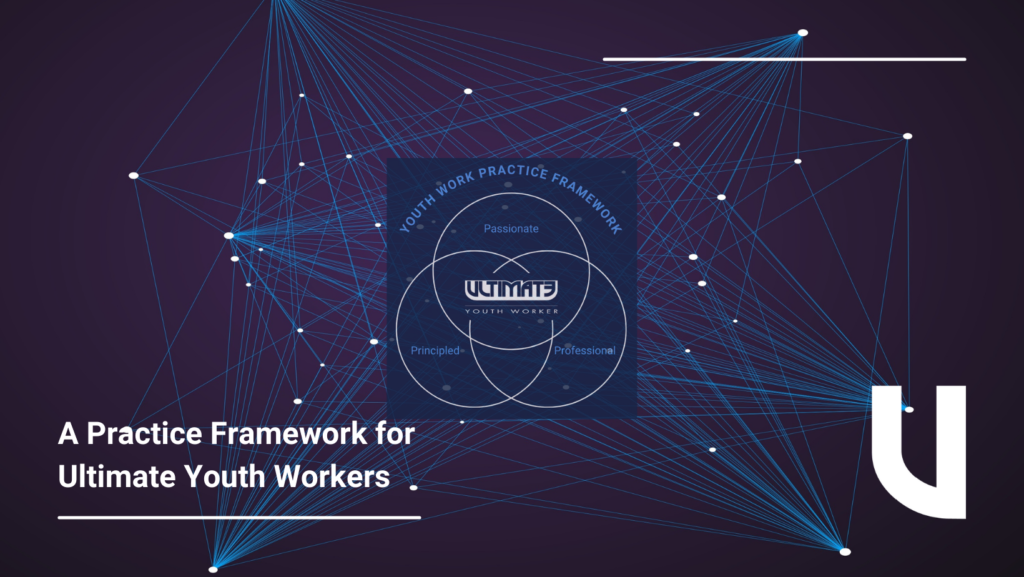
A Practice Framework for Ultimate Youth Workers
In the field of youth work, where the challenges are as diverse as the young people themselves, the difference between good youth workers and Ultimate Youth Workers is abundantly clear. What makes an Ultimate Youth Worker? To navigate this intricate landscape successfully, youth work practitioners need more than just skills and experience – they require a practice framework for Ultimate Youth Workers. A framework that embodies much more than is taught in a Certificate IV or covered in a code of ethics. In this article, we explore the three pillars that form the bedrock of an Ultimate Youth Worker’s practice: Passionate, Principled, and Professional.
Passionate
In every amazing youth worker we know there is one thing that makes them stand out from the rest, passion. Youth work is so much more to them than just a job. To these people passion is the heartbeat of effective youth work. Any practice framework for Ultimate Youth Workers must include passion.
Ultimate Youth Workers are driven by an unwavering zeal for the support, well-being and development of young people. This passion fuels their commitment to making a positive impact, no matter the obstacles they face. Passion is what changes youth work from just a job to a calling. If you are just doing youth work for a pay check, you’re in the wrong business.
Passionate Youth Workers are not only empathetic listeners but also enthusiastic advocates for the potential within every young person. Their energy is infectious, creating an environment where trust and rapport can flourish. They have a core set of values that they live out in their every interactions. They show up again and again for the young people they serve building a continuity of care.
This pillar underscores the importance of fostering genuine connections, based on a set of shared values and proactive care. It is through passion that positive change becomes not just a goal but a reality.
Principled
Principled youth work is built on a foundation of integrity, ethical conduct, and a commitment to social justice. Ultimate Youth Workers adhere to a set of principles that guide their actions and decisions, ensuring that their work is not only effective but also morally sound. This pillar in our Any practice framework for Ultimate Youth Workers emphasizes the importance of a values-driven approach, which forms the bedrock of a great youth worker’s identity.
Principled Ultimate Youth Workers advocate for the rights and dignity of young people, challenging systemic injustices and promoting inclusivity. They operate with transparency and accountability, fostering a culture of trust and reliability. This commitment to principles ensures that youth work goes beyond mere intervention—it becomes a catalyst for positive social change.
Professional
The third pillar, professionalism, underscores the importance of a disciplined and competent approach to youth work. Professional youth work means having authority within the scope of our practice, based on an underly theoretical knowledge constructed from systematic research. Professional youth work means moving on from our vocational training mindset to an academic and intellectual pursuit. In short it means getting a degree and pursuing graduate qualifications.
Ultimate Youth Workers are committed to continuous learning and development, staying abreast of the latest research, methodologies, and best practices. Ongoing professional development based on a shared understanding of professional needs of the sector, our young people and the profession. Our Any practice framework for Ultimate Youth Workers highlights the need for a high level of competence and proficiency in working with young people, recognizing that professionalism enhances the credibility and impact of youth work as a profession.
Professional Youth Workers maintain clear boundaries and ethical standards, understanding the importance of creating a safe and secure environment for the young people they support. They engage in reflective practices, learning from both successes and challenges to refine their approach continually. This commitment to professionalism ensures that youth work is not just a job but a vocation—a calling that demands excellence and dedication.
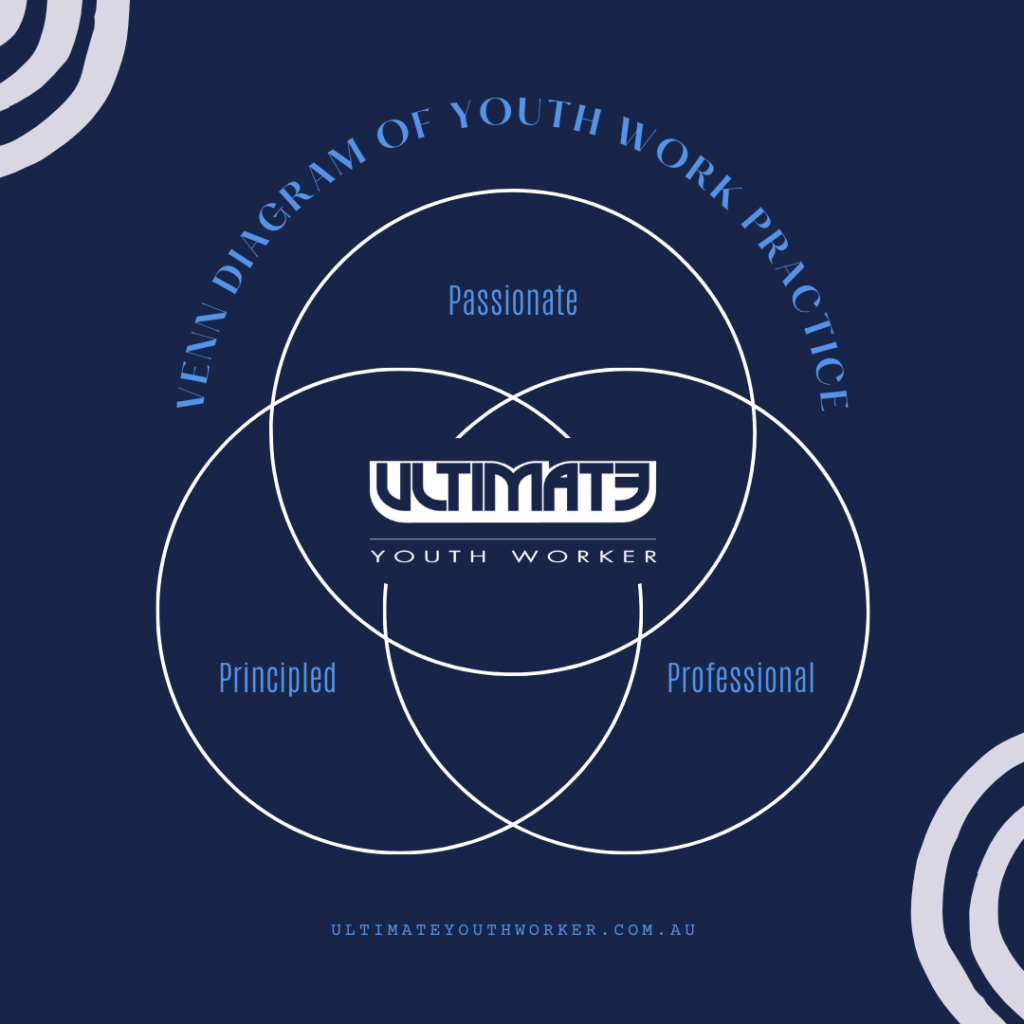
The Interplay of the Pillars
The strength of an Ultimate Youth Worker lies in their seamless integration of these three pillars – Passionate, Principled, and Professional. Each pillar supports and reinforces the others, creating a robust and holistic framework for effective youth work. No one can stand alone, and even two won’t make you great. It is in bringing them all together that we see excellence.
Passion without principles can lead to well-intentioned but misguided actions. It is the principles that provide the ethical compass, ensuring that the passion is channelled into positive and responsible interventions. Conversely, professionalism without passion can result in a detached and clinical approach, missing the emotional connection that is often the catalyst for transformative change in young lives.
When these three pillars are in harmony, the Ultimate Youth Worker emerges as a dynamic and impactful force for positive change. Their passion fuels their commitment, their principles guide their actions, and their professionalism ensures a high standard of service delivery. This interplay creates a powerful synergy that not only benefits individual young people but contributes to the broader societal goal of nurturing a generation equipped to face the challenges of the future.
In the ever-evolving landscape of youth work, the Ultimate Youth Worker’s practice framework is a beacon of guidance and inspiration to our young people, our colleagues and the community. By embodying the pillars of Passionate, Principled, and Professional youth work practitioners can navigate the complexities of their role with resilience, empathy, and effectiveness. Together, these pillars form a solid foundation for a youth worker’s journey—a journey that is not just a profession but a calling, a commitment to shaping the future by investing in the potential of every young person they encounter.
Aaron Garth
Aaron Garth is the Executive Director of Ultimate Youth Worker. Aaron has worked as a youth worker in a number of settings including local church, street drug and alcohol outreach, family services, residential care, local government and youth homelessness since 2003. Aaron is a regular speaker at camps, retreats, & youth work training events and is a dedicated to seeing a more professional youth sector in Australia. Aaron is a graduate of RMIT University and an alumnus of their youth work program. He lives in Melbourne with his wife Jennifer & their daughters Hope, Zoe, Esther, Niamh and son Ezra.





